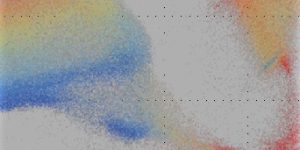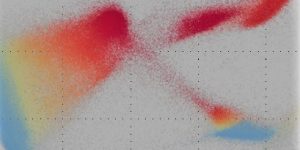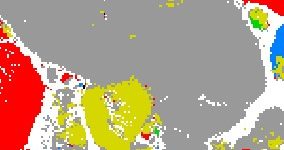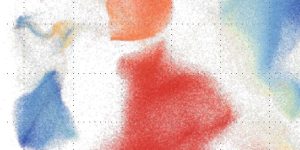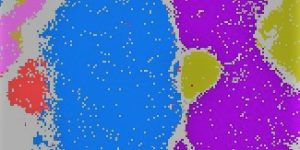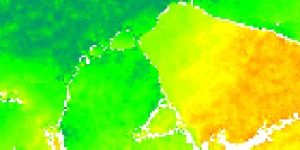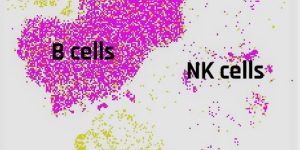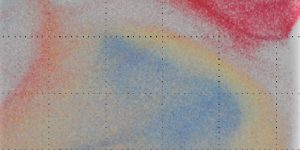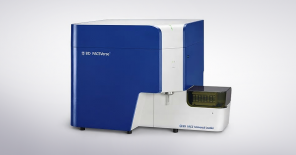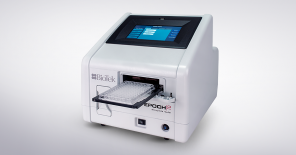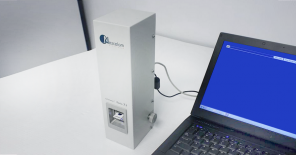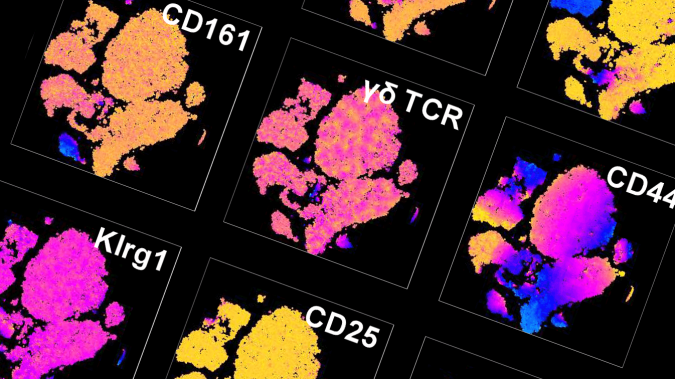
Immunology
- Postdoctoral fellow:
- Research assistants:
- Laboratory technician:
- PhD student:
The immune system functions are reflected in changes of the immune cell subpopulations and their products as cytokines, chemokines and other similar substances. The pathological changes can be registered in the afflicted organs, in responsible immune organs as well as in blood. We are able to evaluate the immune system functions by use of various immunological methods.
Standard services Comprehensive Immunophenotyping Panel (FACS)
We routinely perform standard phenotypic immunological characterisation of particular immune cell populations in terms of their cellularity and phenotype using multicolour flow cytometry. Currently we offer following standardized panels:
Do you have questions? Ask us
Custom services Experimental Anti-Tumour Immunotherapy
We are open for collaborations in the field of tumour immunology and experimental anti-tumour therapy using murine models in general. We can test the efficacy of anti-tumour immuno- and chemotherapy and their combinations in various settings, using syngeneic murine models, K.O. mice, as well as tumour xenografts in immunodeficient mice. We can monitor immune responses during cancer development and therapy by a complex analysis, that involves analysis of immune cells both in the immune organs (spleen, lymph nodes) and the tumour microenvironment, cytokine levels monitoring and functional studies (cytotoxic tests, proliferation tests, immune suppression analyses) ex vivo. Notably, we have established experimental models of the minimal residual tumour disease after surgery or chemotherapy.
Do you have questions? Ask us
Immunology unit was upgraded with the support from OP RDE project CZ.02.1.01/0.0/0.0/18_046/0015861 CCP Infrastructure Upgrade II.

